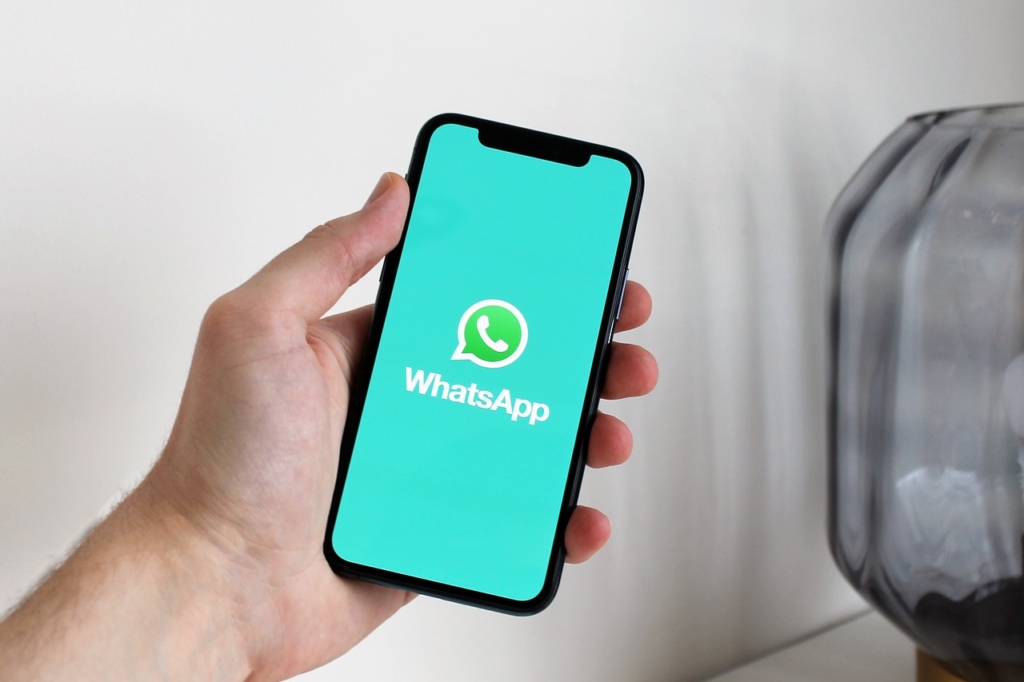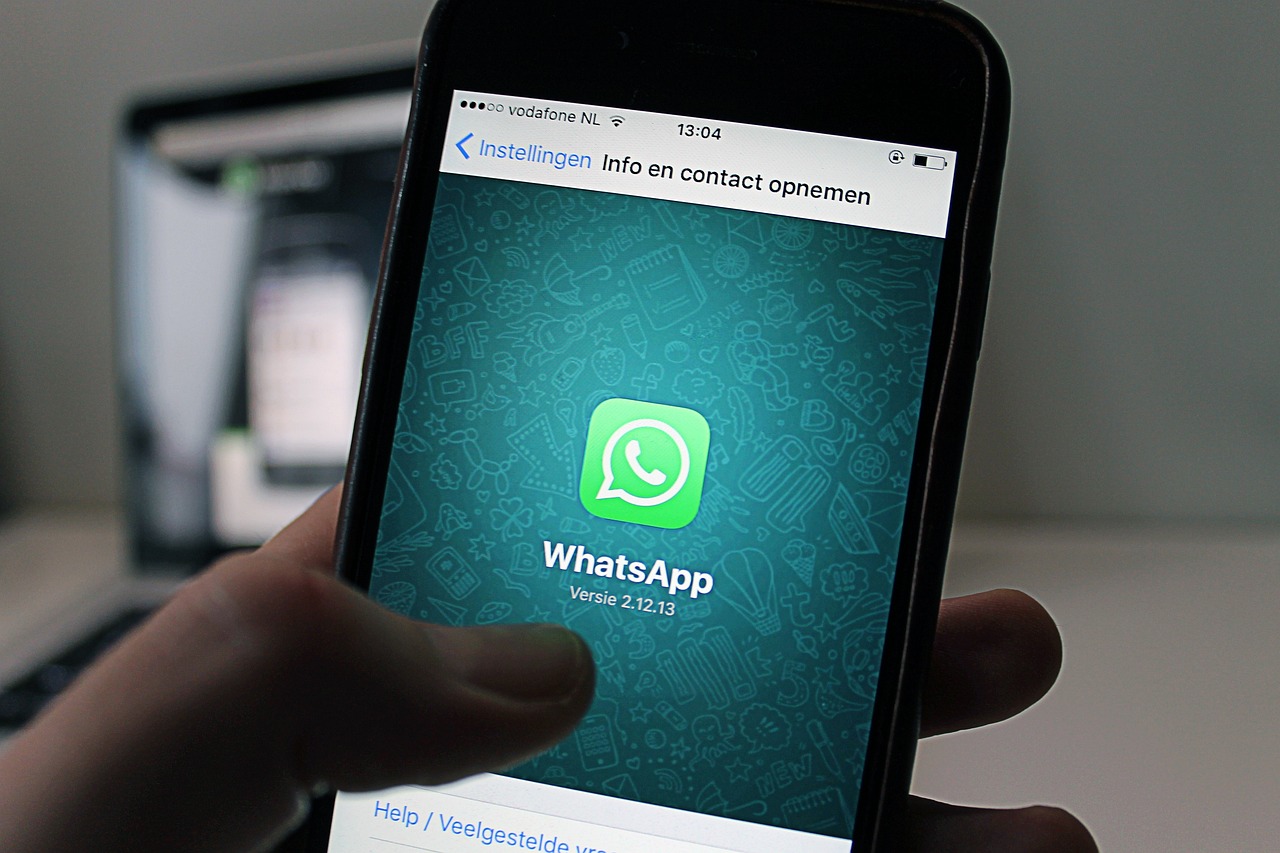Venezuelan President Nicolás Maduro's recent statement about the instant messaging app WhatsApp has sparked a series of reactions and speculations about the future of digital communications in the country. At a time of growing political and social tension, the Venezuelan leader made a significant statement about the use of messaging apps.
On August 5, Nicolás Maduro made a strong statement when he claimed that WhatsApp is being used to threaten the country's stability. During the March of Youth and Students for the Defense of Peace, broadcast live on his YouTube channel, Maduro asked Venezuelans to uninstall the app.
Statements by Nicolás Maduro and Their Implications

The Venezuelan president suggested migrating to alternative platforms such as Telegram and WeChat, emphasizing that these options are less susceptible to the threats that he says come from WhatsApp. Meta, the company responsible for WhatsApp, chose not to comment on Maduro's statements.
Maduro argued that WhatsApp is being used to threaten both youth and political and community leaders who do not support the regime. According to him, the messaging app has been a tool to spread ideologies against the government and to promote what he considers fascism.
Therefore, the call to remove WhatsApp was described by Maduro as a necessary measure to protect peace and order, placing the country in a polarization between those who would be “with violence” and those who would be “with peace”.
See also: How to fix Caixa Tem app error and get access again
Political Context and International Reaction
The context of this statement cannot be dissociated from recent political events in Venezuela. Nicolás Maduro was declared the winner of the July 28 elections by the National Electoral Council (CNE) on July 29. However, the CNE, chaired by a Maduro ally, declared that he obtained 51,95% of the votes, while his main opponent, Edmundo González, received 43,18%.
These figures have been questioned by the opposition and several countries in the international community. The opposition's parallel count suggested that González had won with 67% of the votes, a discrepancy that has generated criticism and calls for greater transparency.
Thus, several countries, including the United States, Panama, Costa Rica, Peru, Argentina and Uruguay, recognized González's victory based on alternative counts, thus challenging the official result.
This divergence contributes to a climate of instability and distrust. And measures such as the ban on communication apps are worrying the world. The international reaction and domestic opposition emphasize the need for a more detailed and transparent analysis of the elections and Maduro’s allegations.
Potential Consequences for Communication and Policy
Now, Maduro’s call for WhatsApp to be uninstalled and migrated to other apps could have several significant consequences. On the communication front, the forced shift to alternative platforms could create challenges for people who are already accustomed to WhatsApp. The transition could affect the way people interact and share information. And it could create divisions between those who adhere to the new guidelines and those who stick with the old tools.
Politically, this measure could intensify the existing polarization and increase tension between the government and the opposition. The use of messaging apps as instruments of control or propaganda is a growing phenomenon in authoritarian regimes, and the decision to ban a widely used service is an attempt to control the narrative and limit communication that challenges the government.
See also: RUMOR: Apple should not ENTER the world of ARTIFICIAL INTELLIGENCE any time soon: understand



